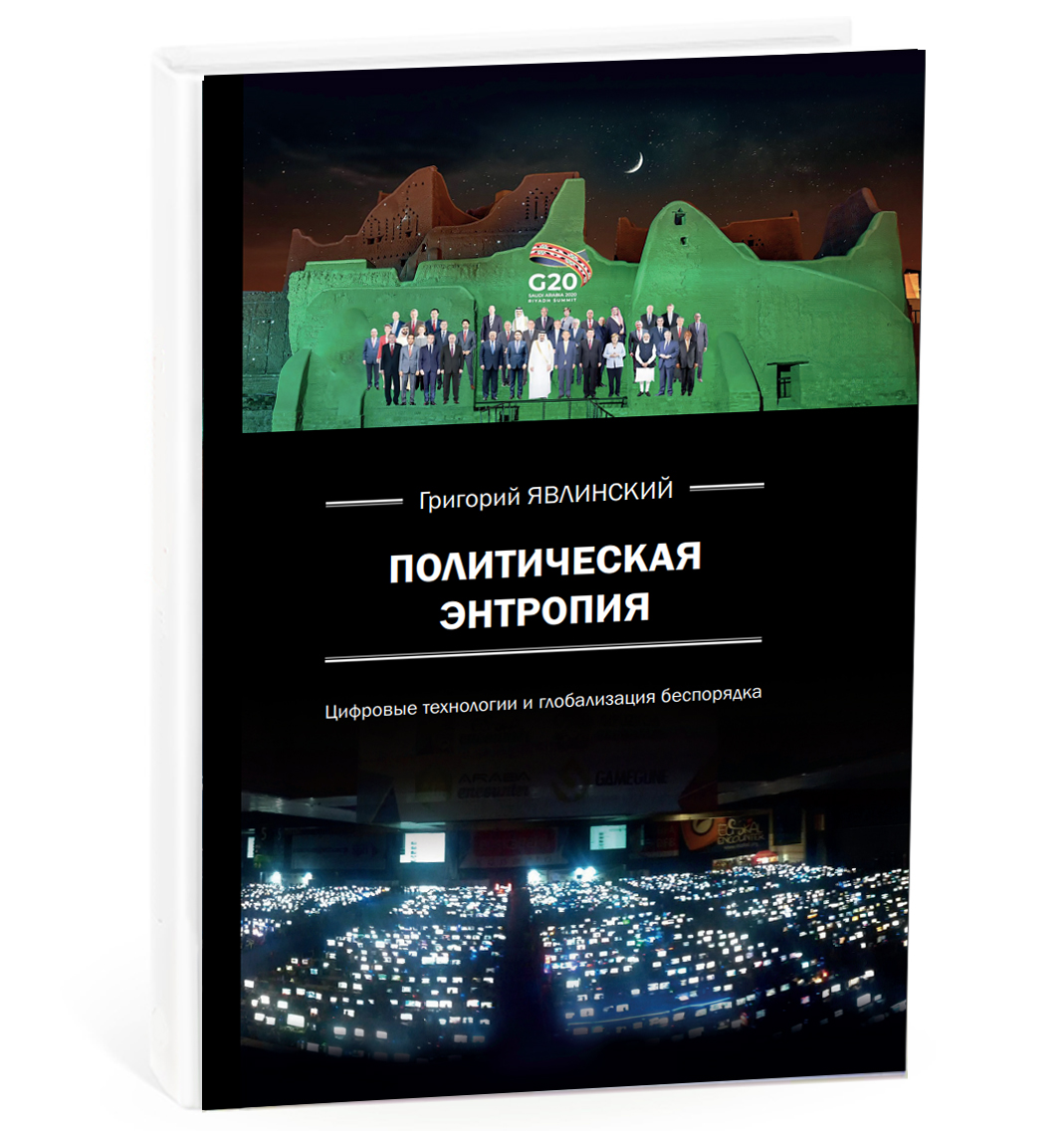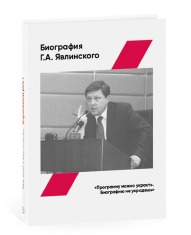Head of YABLOKO’s faction in St. Petersburg Legislative Assembly Dr. Grigory Yavlinsky gives his view on how soon the new sanctions against Russia can be introduced and who may suffer in the first place.
— The information on blocking of Visa and MasterCard for the customers of Bank Rossiya and a number of other banks has disturbed the society. There have emerged speculations on creating Russia’s own international banking system. How seriously may such sanctions affect average Russian citizens?
— These sanctions are of personal nature and their goal is to complicate living for certain people, and their names have been announced. Initially seven banks and their clients were affected by these sanctions. They cannot use banking cards for shopping. Those who are abroad have been affected most of all. But the problem can be solved by transferring money to other banks. In general this does not influence average Russia’s citizens except that some people have faced temporary problems. Certainly, Russia’s payment system can be created but in the present conditions it will work only in Russia.
— The USA announced the possibility of introducing severer sanctions if Russia’s government continues to follow the selected course. What possible sanctions can Russia face?
— If we consider possible sanctions as a broad problem then we can see that it consists of several parts. First of all, it’s the energy sector, as seventy percent of Russia’s export and correspondingly most of the incomes come from the exports of oil, gas and other raw material. If, for example, the USA refuses to buy Russia’s oil, this will be an insignificant loss for them, since Russia’s oil constitutes only five percent of in the total US consumption. However, for the EU abolishing of Russia’s oil will be tangible.
— How much tangible?
— It depends on the country. For example, gas constitutes 22 percent in Germany’s consumption and 35 percent of the consumed gas comes from Russia. For them abolishing Russia’s oil would be certainly not fatal, but quite noticeable.
— Mass media report that the EU has been preparing for abolishing Russia’s oil and gas deliveries.
— I don’t think it will happen in the near perspective as it will be too hard for Europe. But if Europe and the USA manage to develop a strategic programme on substitution for Russia’s energy deliveries, then they would be able to cut energy costs dramatically. This would become a serious problem for Russia. Actually it would be a recurrence of the situation of the 1980s when Ronald Reagan reduced oil prices record low due to cooperation with the OPEC. This led to the drop USSR’s budget revenues from the oil exports and we know what happened later. Speaking about gas, the EU can gradually transfer to the use of shale and liquefied gas. Certainly, implementation of these projects will take years. But if they are brought into life, this would be a serious blow to Russia’s economy.
— If the prognosis for our economy is unfavourable, then what will be the situation with the goods Russia produces and sells abroad?
— Abolishing of deliveries of manufactured goods, will not seriously affect Russia’s economy, as Russia sells very few goods. Europe buys only 10 percent of goods made in Russia, including foodstuffs, chemicals and machinery. This is approximately 3 — 4 times less than the deliveries from the US.
-Would sanctions seriously affect the science and technology sector?
— Yes, this may affect everything connected with modern high technologies and the access to production of these or that modern goods. It’s the basis of development. In the long run the sanctions will be really tangible in this sector.
— What are the financial prospects of the country?
— The leading world rating agencies have lowered Russia’s sovereign rating form “stable” to “negative” due to the geopolitical uncertainty. This means that borrowings will get more expensive and the access to credits at export markets will be hampered; whereas the volumes of loans of state-owned companies are large. Then there will be abrupt growth of the cost of borrowings. This is tangible at our demand in credits and large volumes of borrowings. In the middle of 2013 the debt in Russia’s non-financial sector amounted to 417 billion dollars, and the banks’ debt was evaluated at 211 billion dollars and banks’ debts were growing throughout the year. Now the Ministry of Finance will face difficulties: due to the sanctions the cost of Russia’s securities will fall, but their yield will grow. All these factors will finally lead to a recession.
Unstable economic situation leads to curbing of investment and withdrawal of capital. Last year 62.7 billion dollars flew our of the country. And the forecast for the first quarter of this year is already 60 billion dollars. Such a big volume of capital outflow can be explained by geopolitical instability. Money does not like wars and unstable situations.
— What, in your opinion, are the reasons behind the present situation?
The reasons lie in the false and non-efficient economic policy of the past ten years, in particular, in the refusal to develop domestic demand by means of mass-scale construction of housing and infrastructure development, the orientation towards maintenance of the resource-based economy of a “petrol state”. If the domestic demand had worked, the sanctions wouldn’t have been so serious for Russia.
Further, there is one more essential reason for the stop of the economic growth – the problems connected with the lack of absolute title, huge weakness of all the economic institutes from the judiciary to the fiscal procedures, corruption and extreme non-transparency of the economy.
Plus there are now the sanctions, plus Crimea which should be on the RF budget maintenance for a long time. All these things together will lead to the growth of living expenses, drop of real incomes due to the both price surge and lowering of growth rates of nominal incomes. And all this coupled with restrictions for mass media, different restrictive initiatives and the overall situation in the country would lead to reduction of the quality of life.
— Which layers of the population will be affected in the first place?
As for the cost of living, a many payers of population would suffer: those in the middle, those bellow the middle and the vulnerable layers. Average citizens have already felt the consequences of the economic stagnation. As you know a significant decline of the rouble/dollar rate have taken place recently. It lead to the growth of the cost of imported goods by 20 percent and the cost of the foodstuffs containing imported components grew by 15 percent. The most productive, creative class will suffer most from the deterioration of the quality of life and reduction of accessible opportunities, as the representatives of the creative class will face shrinking of their freedom of artistic expression and choice.
Actually, if abolishing of Russia’s energy deliveries would take place amid the “arms race”, it will be a recoil to the period of the end of the Cold War, the period when the difficulties leading the collapse of the Soviet Union began.
— Can the “mechanism of collapse” be stopped at all?
— This will happen when Russia understands that the present anti-European, “quasi-Eurasian course” leads to a dead end. Russia can not turn into China, it can only be Europe. The reasons behind the situation around Ukraine and Crimea lie in Russia’s abolishing of the European way of development, the denial of equality of everyone before the law, independent judiciary and respect for private property, refusal of creation of tens of millions of true owners in the country. Only the European way of development can give Russia development prospects. But now the government has adopted the opposite course.



